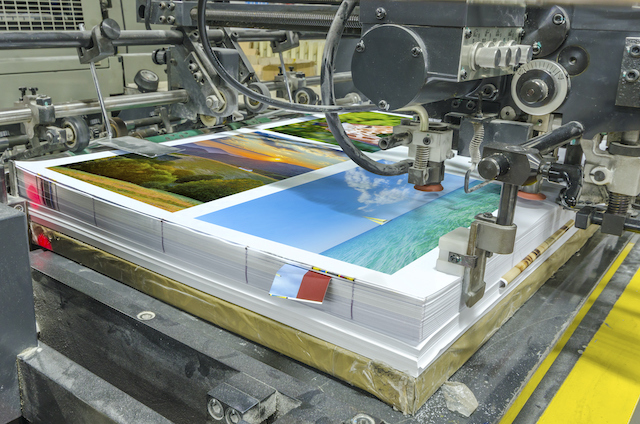
Different kinds of equipment require different calibrations to ensure the accuracy of settings and readings.
Different kinds of equipment require different calibrations to ensure the accuracy of settings and readings. For example, a laboratory balance has to be calibrated regularly to make sure weight measurements are all correct according to the accuracy expected of that balance. Overhead stirrers are all calibrated to ensure speed settings are correct, and freezers, fridges, and temperature chambers all require calibrations so that temperature settings are all accurate. While some calibration can be conducted in-house, most laboratories are mandated or decide to have manufacturers or other third-party service providers carry out calibration jobs for them. Once complete, every unit is then issued a certificate of calibration. In this blog, we’ll discuss what a certificate of calibrating is and why it’s necessary. Read on to learn more!
Why Calibration is Essential
Calibration makes sure that the readings on equipment are accurate when compared to certified standards. During the process, different series of tests are performed, the nature of tests depending on the kinds of equipment, the applications it’s used for, and the desired level of accuracy. Calibration is usually associated with measuring equipment like balances, scales, and meters. However, any equipment that does provide a reading, even if the equipment isn’t used to measure, has to be calibrated. Examples of lab equipment that has to be calibrated are:
- Scales and balances
- Lab incubators
- Lab freezers or refrigerators
- Lab centrifuge
- Stirrers
A certificate will state the results of calibration. The obvious purpose of a certificate of calibration is to confirm to the reader the unit was actually calibrated. It also provides important details about when and by which lab the calibration was carried out, along with methods used and results delivered. These certifications are required in various industries to conform to both internal and industry standards.
How Calibration Happens
Calibration consists of adjusting a piece of lab equipment like readings or settings that conform to a standard. There are typically special tools or instruments required to calibrate each piece of equipment. Some calibrations that don’t require independent certification can be carried out in-house. In fact, some pieces of lab equipment, like scales and balances, are also equipped with internal calibration functions. The manufacturer or third-party service providers will calibrate the equipment in some cases. The nature of the calibration and the certificate will differ depending on who’s carrying it out and what the requirements are for the one piece of equipment. A manufacturer might perform a calibration to their own specific standards or to particular quality standards. A third-party tester can perform calibration to a specific set of quality standards too.
FOR ALL LAB EQUIPMENT AND LAB NEEDS, CONTACT LAB PEOPLE TODAY
The Lab People Inc. is a trusted provider of laboratory equipment, services, supplies, and rental equipment for you and your laboratory. As an ISO 17025 accredited service organization, we stand behind our services with 100% satisfaction guaranteed for all of our customers. We are here to provide you with the best lab equipment service, equipment, and supplies.
For more information about how we can assist you, visit our website, email us, or give us a call at 1-800-296-2001!
Do not forget to follow us on Facebook, Twitter, and Linkedin!
This entry was posted on Friday, March 25th, 2022 at 1:06 pm. Both comments and pings are currently closed.